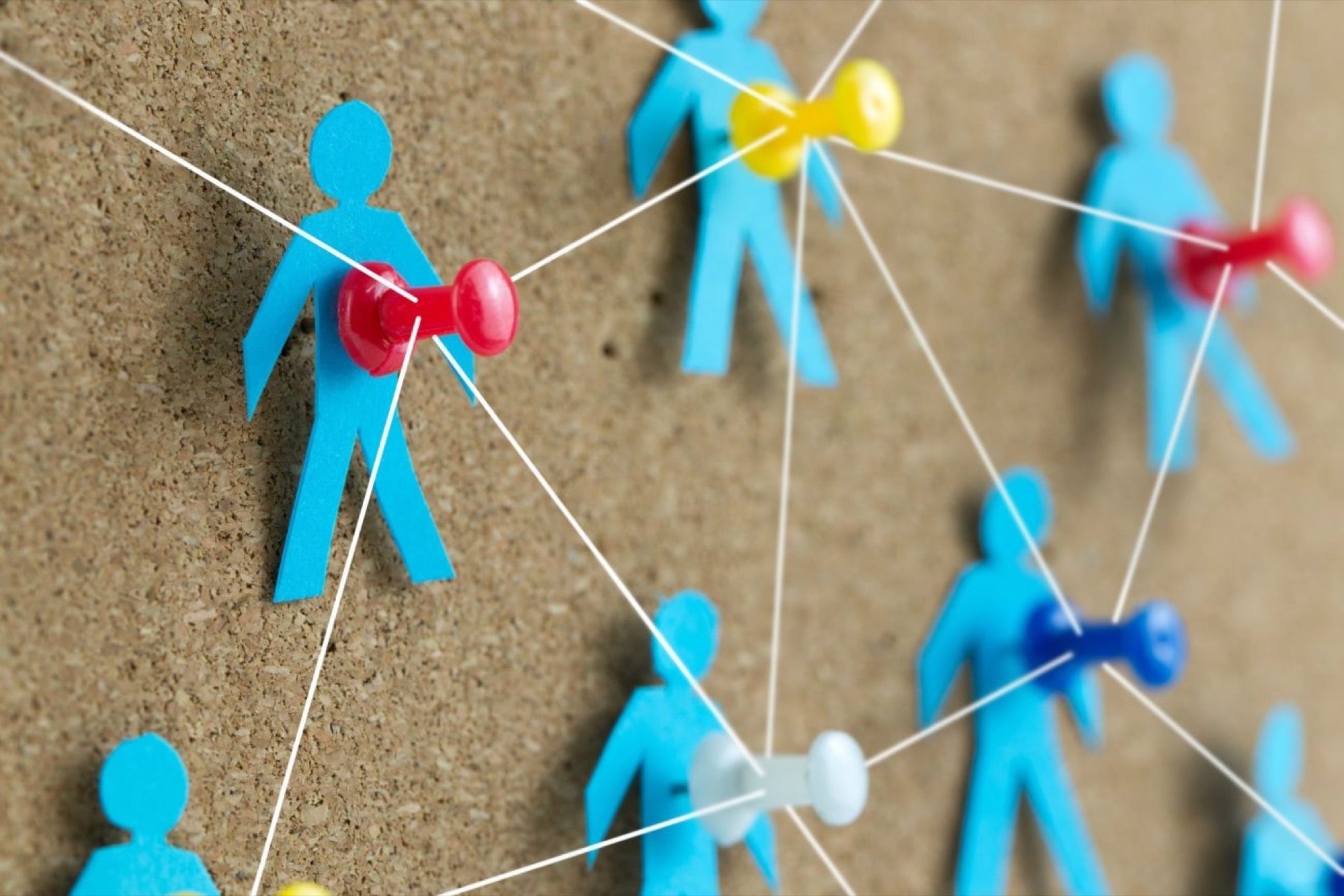Why Building Community Is More Important Than Networking As two BIZ Experiences-authors put it to me: You should stop networking and start building relationships that matter.
By Sujan Patel Edited by Dan Bova
Opinions expressed by BIZ Experiences contributors are their own.

From the day we enter the professional world -- and even before that -- the need to network is hammered into our brains. We need to put ourselves out there, make connections and grow our network in order to advance in our careers.
Related: 10 Powerful Business Networking Skills to Build Rapport Quickly
Yet while the overall concept isn't wrong, the way we often go about it is.
Networking isn't a bad thing in and of itself. It's helped me grow hundreds of companies and build my personal brand. But when we approach networking solely with a "What's in it for me" mindset, it becomes less about value and more about selling yourself.
I recently sat down with Scott Gerber and Ryan Paugh, co-founders of The Community Company, to discuss their upcoming book, Superconnector: Stop Networking and Start Building Relationships that Matter. Here's what they had to share with me about the importance of community-building.
Start with self-awareness.
With The Community Company, Gerber and Paugh build community-driven programs for global brands and media companies. But they caution that before you can begin to build a community, you need to first look inward.
"It really starts with getting to know yourself," Paugh told me. "Before you can really get to know other people and get to build great relationships with them, you have to understand what kind of person you are and what ways to build connections in your life are going to work best for you."
Depending on whether you're an introvert or extrovert, how you go about building community will be fundamentally different. For me, I know I thrive best communicating face-to-face in small group settings. That's why I throw small networking dinners whenever I travel. This allows me to meet new people and connect in a setting I'm comfortable in; and it's had a huge impact on my professional network.
Related: 10 Powerful Business Networking Skills to Build Rapport Quickly
Make over your mindset.
"Nobody likes a networker," Gerber told me. "In the book, we're not trying to offer tips or tactics. Those words have led to the destruction of what networking started as, to a hacking of relationship-building."
Instead, building community and growing your network requires a "total mindset shift." It's not something you can learn overnight. It's not simply a matter of applying a five-step program for success. You need to focus on making connections that provide value -- and not necessarily monetarily.
Once you're comfortable in your own skin, you can go out and build the community that works best for you. And that means creating the community that will allow you to succeed and help you help others succeed, too. It's those mutually beneficial relationships that turn your connections into a community.
Don't mistake technology for "community."
In today's world, we're constantly connected. And while technology may seem like a benefit in terms of building community, it can sometimes be a detriment. For me, I'm never without my cell phone, and I'm constantly in tune with my social networks, tracking my likes and followers. But these kinds of metrics are ultimately meaningless when it comes to identifying and growing our communities.
As Gerber said, "I believe people conflate being connected with being a connector, and those are fundamentally different principles." Those vanity metrics of likes and shares lead us to believe we've built something when we actually haven't, he pointed out.
Technology should be used to amplify your community, but it's not your community itself. You can create meaningful relationships online by using these tools, but you need to be focused on providing value.
Profit is not a bad thing.
In the community-building world, there's somewhat of a stigma about gaining profit from your community. But that shouldn't be the case; we shouldn't be made to feel guilty about seeking profits. Building a community takes time and effort, and we all need to get something out of the relationships we invest in. Whether that's opportunity or companionship, there needs to be some kind of mutual benefit for both parties. As Paugh said, "A lot of community builders fail because they don't think about how they're profiting."
But striving for profit doesn't mean you should resort to the stereotypical habits of networkers. Instead, be a "superconnector." While networkers have a transactional mindset, superconnectors are more focused on a value exchange. When I meet new people, I'm not thinking right away about how they can help me. Instead, I'm committed to building that relationship, that community, with the idea that when the time comes, I'll have somewhere to turn.
Related: How to Build a Community With Facebook Groups
On this note, Gerber told me, ""Your network is your net worth' is nothing new. How strong those bonds are is crucial to your fundamental success. The difference is, are people willing to help you when the time comes? That's the defining moment to show how strong your community actually is."
Are you a superconnector? How has your community helped you find success? Share your story in the comments below:












